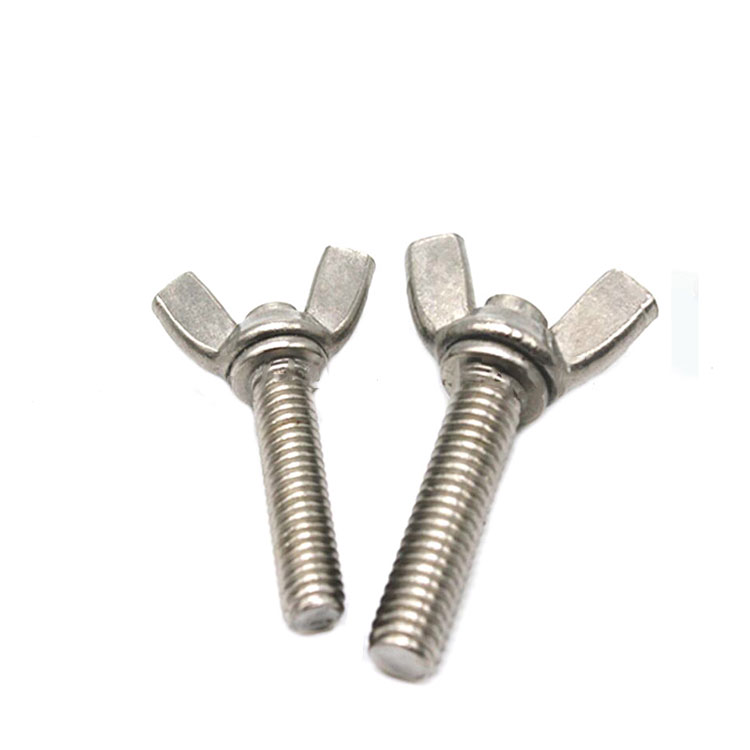Unveiling the Strength: Characteristics and Advantages of Carbon Steel Bolts
2023-12-07
Introduction:
In the realm of fasteners, the reliability and strength of bolts are crucial to the integrity of structures and machinery. Among the array of materials available, carbon steel bolts stand out as stalwart companions, known for their robust characteristics and versatile applications. In this exploration, we uncover the characteristics and advantages that make carbon steel bolts a staple in various industries.
Characteristics of Carbon Steel Bolts:
1. High Strength:
Carbon steel bolts are renowned for their high tensile strength. The addition of carbon to the steel alloy enhances its strength, making these bolts capable of withstanding heavy loads and providing structural stability.
2. Cost-Effectiveness:
One of the primary advantages of carbon steel bolts is their cost-effectiveness. The materials used in manufacturing carbon steel are widely available, contributing to the affordability of these bolts compared to alloys with additional elements.
3. Ease of Machining and Fabrication:
Carbon steel's composition makes it highly machinable and easy to fabricate into various bolt shapes and sizes. This characteristic allows for cost-efficient production and customization of bolts to meet specific application requirements.
4. Durability:
Carbon steel bolts are durable and resistant to wear and tear. This durability ensures that these bolts maintain their structural integrity over time, even in challenging environments.
5. Weldability:
Carbon steel is known for its weldability, allowing for ease of assembly and installation. The ability to weld carbon steel bolts to other components enhances the versatility of these fasteners in construction and manufacturing.
Advantages of Carbon Steel Bolts:
1. Strength-to-Weight Ratio:
Carbon steel bolts offer an excellent strength-to-weight ratio, making them suitable for applications where a balance between strength and weight is crucial. This advantage contributes to their use in a variety of structural and mechanical applications.
2. Versatility in Applications:
Carbon steel bolts find applications in diverse industries, including construction, automotive, machinery, and infrastructure projects. Their versatility makes them suitable for a broad range of environments and conditions.
3. Adaptability to High-Temperature Environments:
Carbon steel bolts are capable of withstanding high temperatures, making them suitable for applications where exposure to elevated temperatures is a concern. This characteristic enhances their reliability in various industrial settings.
4. Resistance to Deformation:
Carbon steel bolts resist deformation under heavy loads, ensuring that they maintain their shape and functionality even in demanding conditions. This resistance to deformation contributes to the structural stability of components.
5. Ease of Maintenance:
Carbon steel bolts require minimal maintenance due to their durability and resistance to corrosion. This characteristic reduces the need for frequent inspections and replacements, contributing to cost savings over time.
Conclusion:
Carbon steel bolts, with their high strength, versatility, and cost-effectiveness, play a vital role in various industries. From anchoring structures to securing components in machinery, these bolts exemplify the enduring strength of carbon steel. As technology advances and industries continue to evolve, carbon steel bolts remain steadfast as essential components, reinforcing the foundations of buildings, bridges, and machinery across the globe.



